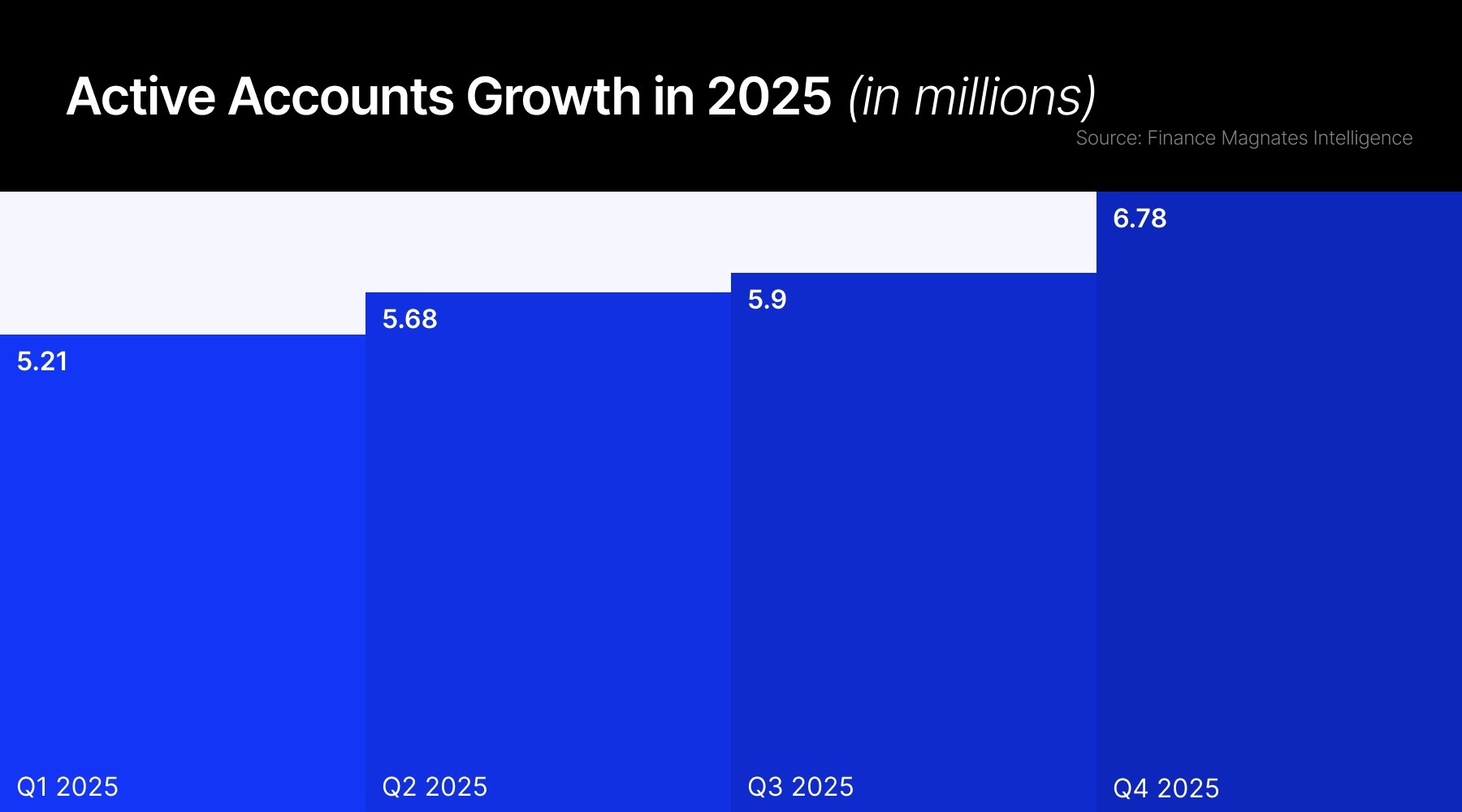Charles Schwab, the US brokerage firm, exceeded Wall Street's expectations in its third-quarter earnings report, highlighting robust growth in asset management business. The company's remarkable performance was driven by a surge in fees, leading to an increase of 5.4% in its stock price, according to a report by Reuters.
Charles Schwab's impressive performance in the third quarter occurred at a time when the financial industry has been grappling with challenges. Schwab reported an increase of 17% in asset management and administration fees, totalling $1.22 billion, during the period.
Charles Schwab's Earnings Defy Expectations
Charles Schwab's Chief Financial Officer, Peter Crawford, said: "During the quarter, our balance sheet management continued to prioritize flexibility in support of our growing client base. In late August, we issued approximately $2.4 billion of senior notes across two tranches due in 2026 and 2034, further bolstering our diversified liquidity profile."
For the third quarter, Charles Schwab reported net revenue of $4.6 billion, reflecting a decrease of 16% compared to the same period last year. This figure slightly missed analysts' average estimate of $4.63 billion, according to LSEG data, Reuters reported. Net interest revenue deflated 24% year-over-year to $2.2 billion, impacted by client allocation decisions within a higher-interest-rate environment.
Rebounding with Impressive Quarterly Earnings
Charles Schwab posted a profit of 77 cents per share for the third quarter, excluding one-time costs. This exceeded analysts' expectations, who had predicted 74 cents per share, according to LSEG data.
Comparatively, Schwab reported a substantial decline of 27% in net income, amounting to $1.2 billion, in the second quarter, compared to the $1.8 billion reported in the same quarter of the previous year, Finance Magnates reported.
Revenue for the first half of the year also took a hit, declining by 9% to $2.9 billion. Despite these challenges, Charles Schwab welcomed 1 million new brokerage accounts during the period, attributed in part to the growth in the asset management business.


















